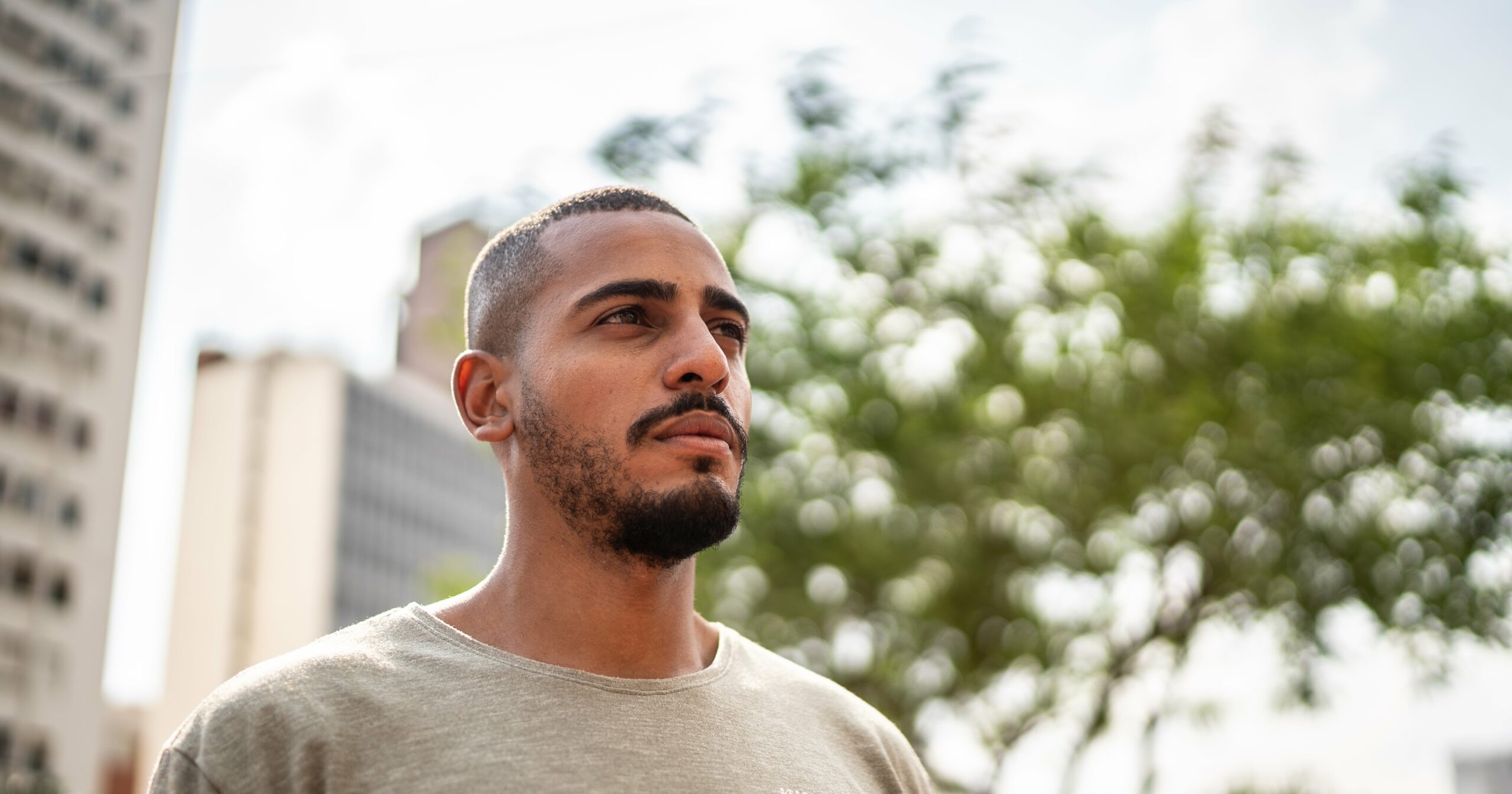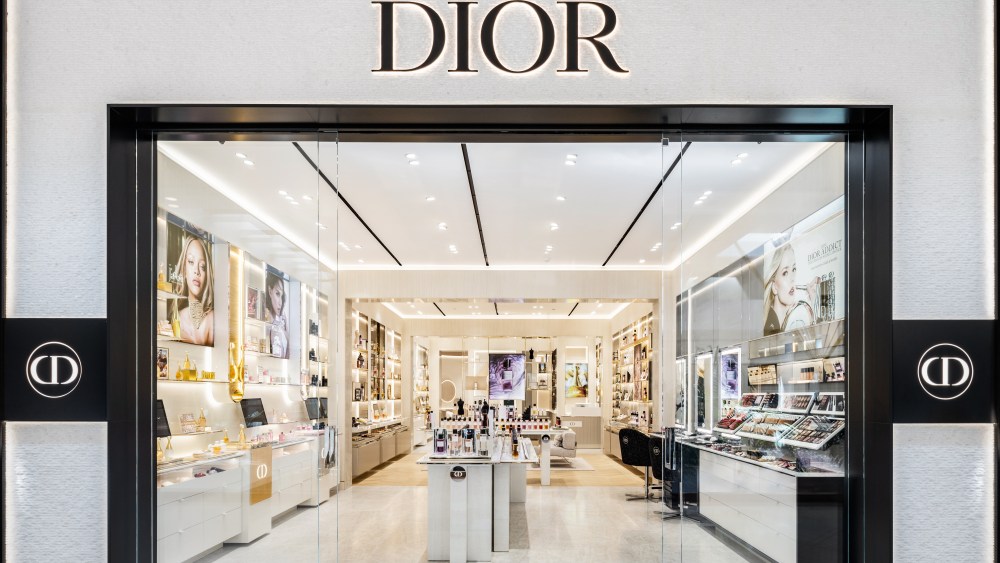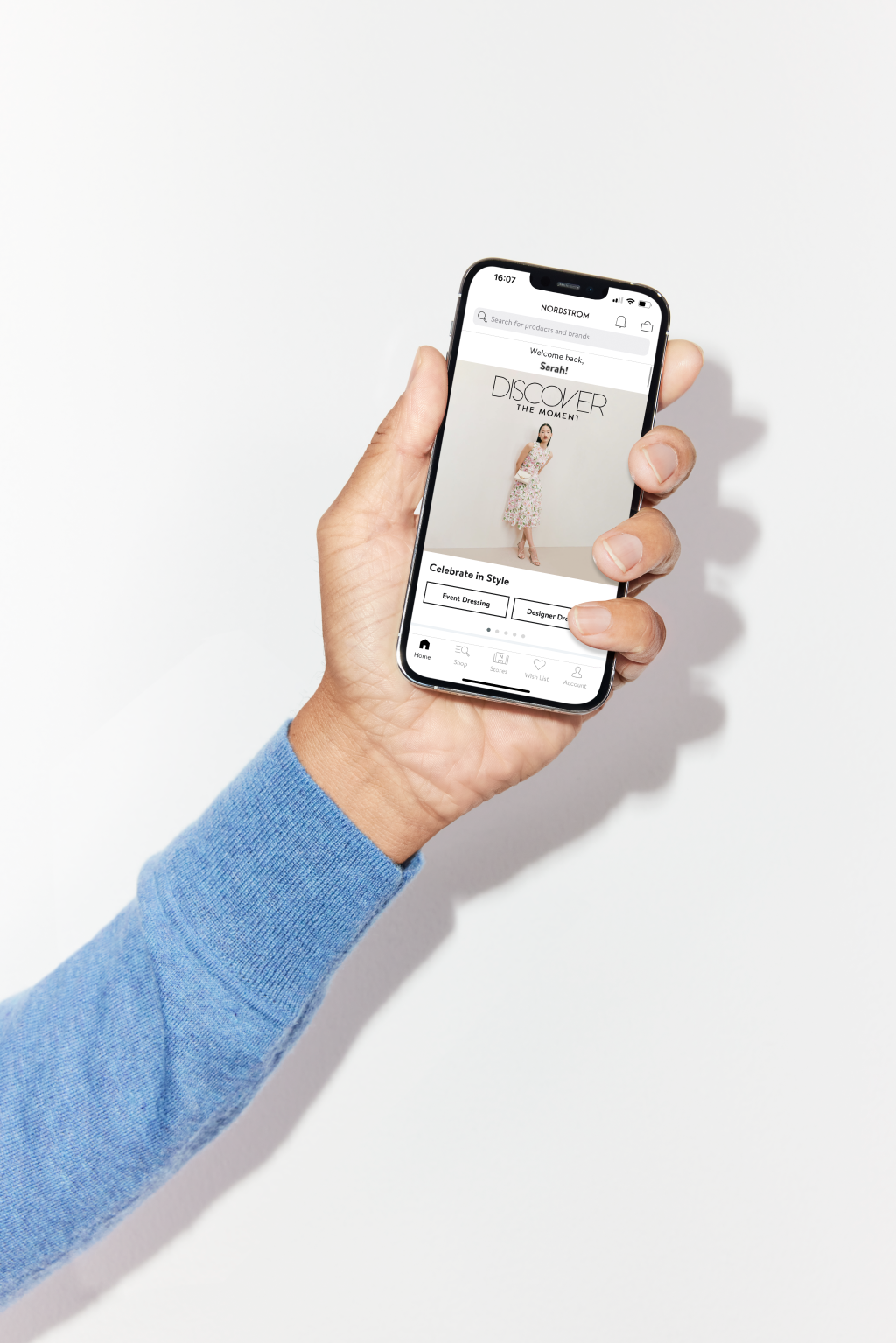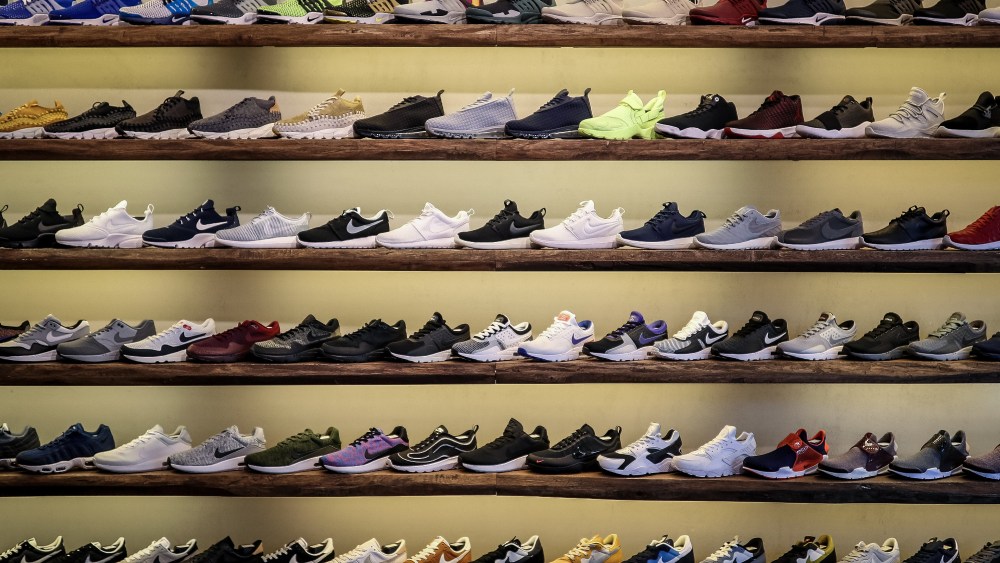There’s a lot of discussion about what makes a man these days. A quick scroll through TikTok reveals thousands of posts featuring terms like toxic masculinity, high value, and alpha, with influencers either deriding the behaviors these terms describe or embracing them as the ideal of masculinity.
As a Caribbean Latine, these terms are just a contemporary way of describing what I grew up knowing as machismo. This was something that, until my recent breakup, I thought I had won the fight against. After all, I was raised mostly by women, in a matriarchal household. I considered myself someone who held egalitarian and feminist values. But, when the door closes and the person you spent the better part of a decade with has departed, you’re left with questions and no answers. And so I was forced to dig deeper than ever. That’s when I realized that, while I truly did consider myself all the things that today would describe a progressive, modern man, I also considered myself “a prize.” And that mentality, while seemingly positive, was directly informed by an upbringing that puts the man at the center of any relationship’s power dynamic.
Growing up, being a Latino son made me the baby boy – the golden child (my cousins still call me that to this day). Not only was I the baby boy, but I was a miracle child, born after doctors had told my mother she wouldn’t be able to conceive me. It’s become somewhat of a running joke that Latine moms tend to treat their sons like little princes, and my upbringing was very much in line with this. I grew up hearing that I was special, that I was smart, that I was talented, and that I was handsome. My good qualities were constantly spotlighted, which, while being informed by patriarchal norms, wasn’t 100 percent a bad thing.
When you think of the stereotypical Latine or Caribbean man, you might think of someone who has sex appeal or an incredible amount of confidence. But that’s largely because we are built up from childhood to think highly of ourselves. And despite what social media trends might say about it, this can be a good thing. In my own experience, I need every bit of that confidence to withstand the pressures of American life, a place where as a Puerto Rican with prominent Afro-Indigenous features, I am othered every day. When I entered the workforce, I found myself in direct competition with people who came from better upbringings, who had better skills, and who had been coached all their lives on how to succeed. In these environments, all I had was my confidence and the idea that I was special. But while this might have helped me professionally, it hurt my relationship and it hurt my partner.
You see, there’s a certain danger to coming to any situation with your opinion fully formed. There’s no room for growth. There’s no doubt that I grew during the course of my relationship. My partner forced me to question things I had never thought to question. She helped me become a better version of myself. But in a lot of ways, my opinion of myself still remained the same because it was one that had been instilled in me since I was a child. I was a prize. My value had long ago been established as far as I was concerned, and this was the problem. Rather than coming to the table ready to see where and how I could add value to my relationship, I came to the table and dug in about who and what I was. On the other side of the equation, my partner, herself needing to feel prized and a sense of validation, found herself with a man who the world constantly reminded her she should feel lucky to have. And on the occasion that the world didn’t, my family was there to make sure the message got through.
For centuries, society has told women that the crux of their lives revolves around finding a man and that they should be lucky to be picked by the “right one.” It’s only in recent decades, after a few waves of feminism, that women have started to redefine the hierarchy of their lives and prioritize self-love, self-care, self-worth, and self-preservation. When given the choice between staying with someone the world told her was “good enough” but couldn’t provide her with the emotional and economic security she needed, my partner chose herself. It took me a while to accept that, to stop looking at it through the black-and-white lens of who’s right and who’s wrong. It took me even longer to realize that there’s really no difference between considering yourself a prize and considering yourself “high value,” a term that I detest.
When I actually took a deeper look at myself, the things I had been told made me “a prize” were seldom the same things that could actually help my relationship grow. Sure, it’s nice to have a partner who cooks, shares the same hobbies as you, has a good job, or is a sharp dresser. But when things get hard, these qualities are nowhere near as important as having a partner who listens instead of yells, who looks for solutions instead of viewing you as the problem, who knows when to step back and when to take the lead. And yet, in a society that is still beholden to patriarchal ideals, the latter qualities aren’t usually the first ones that spring to mind when imagining the ideal man.
At the end of the day, “being the prize” isn’t the same as being prized. We should all feel valued by the ones we value. And there’s nothing wrong with taking pride in the best of our qualities. But we have to balance that with the reality that we are all flawed individuals, and the only way to make things work is to be open to understanding that side of ourselves as well.
Miguel Machado is a journalist with expertise in the intersection of Latine identity and culture. He does everything from exclusive interviews with Latin music artists to opinion pieces on issues that are relevant to the community, personal essays tied to his Latinidad, and thought pieces and features relating to Puerto Rico and Puerto Rican culture.




